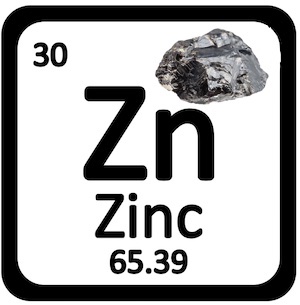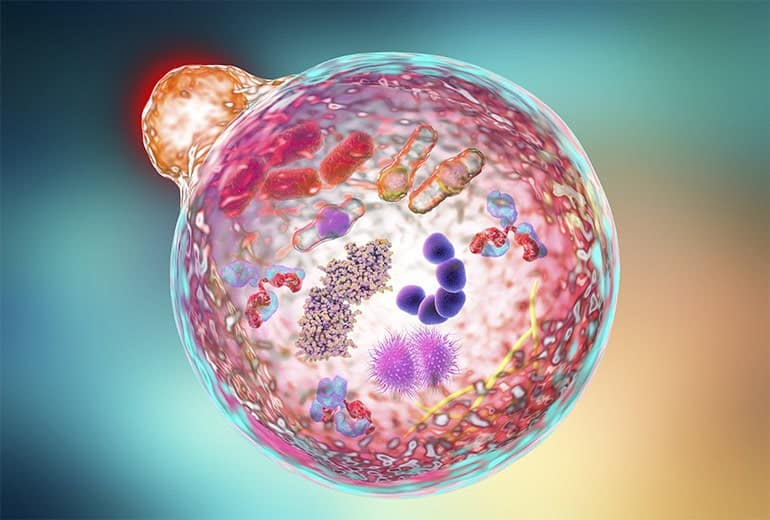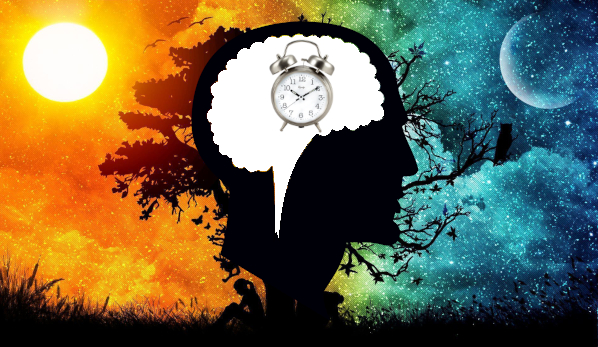As a scientist (or at least, a guy who likes science and works for a bioscience-oriented company), I am invested in the power of scientific research in improving the quality of human life across all arenas. It is particularly gratifying when our customers, who are all primarily research scientists, derive direct benefit from ABclonal's products in their published research. In this case, our business development director had a customer recently defend her thesis based on a publication that used several ABclonal catalog antibodies. I enjoyed reading her group's article that may lead to more effective treatment strategies for diabetes patients going forward, so let's get to it.
ABclonal in Action: Diabetes, Insulin, and Resisting Graft Rejection
With the holiday season upon us, it is a time to relax and be among loved ones again as we recharge for the push into the new year. Along the way, we have learned quite a bit about medical advances and new discoveries into life processes, information that will be used to drive the next stages of innovation. One of the great perks of having been in an academic setting was the constant immersion in ideas and collaboration, but even though some of us are no longer connected directly to academia, the vast interconnectivity provided by the internet means that we are never too far away from good information that could teach us something new and exciting.
What to Think About Zinc: An Essential Element for Healthy Living
Perhaps we only think of zinc as the extra element in our coins to keep manufacturing costs down, or as that random clip from the Simpsons about a world without zinc. Aside from thinking it is a wacky sounding word (I did look up the etymology and it is rather appropriate!), we just don’t consider zinc as being all that important. Once the pandemic hit, though, I noted that Costco was marketing their zinc supplements a lot more, and after doing some extra research, I bought some to add to my diet.
ABclonal in Action: 10 Scientific Studies Using ABclonal Antibodies
Open collaboration is important for sustainable science, and every new study or publication, no matter the journal or institution, contributes to a greater understanding of biology, for better or for worse. Dozens of prior discoveries funnel into every new breakthrough, so we need to appreciate the years of painstaking labor and thought that go into every new morsel of knowledge. It is very fulfilling when ABclonal products are part of the fuel that drives these studies in diverse fields of biology. With our ABclonal in Action series, we hope to highlight our products as well as the new insights from our customers all over the globe that will become stepping stones for the next generation of cutting-edge bioscience.
Every now and then when I get hungry, I joke that my stomach is about to digest itself. For the longest time, human science was unaware that our cells could literally eat itself (or more precisely, parts of itself) as well! First described in the 1960s by Christian de Duve (who won the Nobel Prize for discovering the lysosome), the term autophagy derives from Greek words combined to mean “self-eating” and describes a process by which the cell degrades large components and organelles in a distinct mechanism. 1-3 The phenomenon was not studied extensively until the 1990s, when Yoshinori Ohsumi performed a series of groundbreaking experiments to determine the underlying mechanisms of autophagy, an achievement for which he was awarded the 2016 Nobel Prize in Physiology or Medicine. Ohsumi’s work has led to an explosion of research that has precipitated a greater understanding of the role played by cellular digestion, degradation, and recycling pathways in human health and disease.
In March 2022, the United States Senate approved the Sunshine Protection Act, which would make Daylight Savings Time (DST) permanent starting in November of 2023. There was still some healthy debate over whether Americans should accept Standard Time versus DST as their new permanent or keep the current system of “spring forward, fall back.” Regardless of whether we will have DST forever, there is broad consensus that the clock switch every March and November is disruptive to our sleep patterns and our circadian rhythms.
Whether to save energy, increase night-time Trick-or-Treat hours on Halloween, get those few extra minutes of sun to squeeze in the last innings of a Little League or high school baseball game, or just to normalize our sleep patterns, even a seemingly obscure issue like switching between standard time and DST is tied to our health and well-being in our society. And this is why we have to consider how sleep and the circadian rhythm can affect our physiology.







